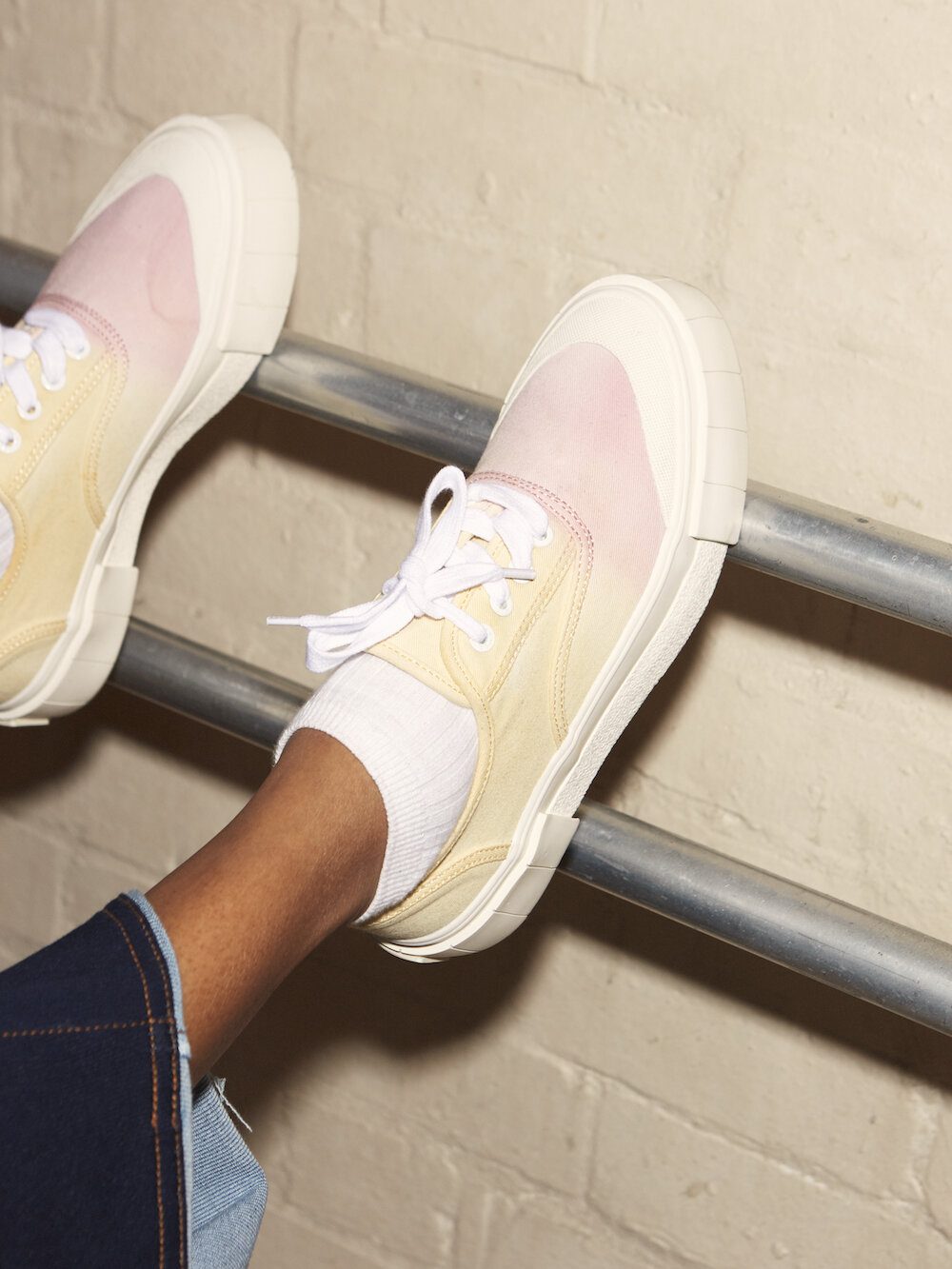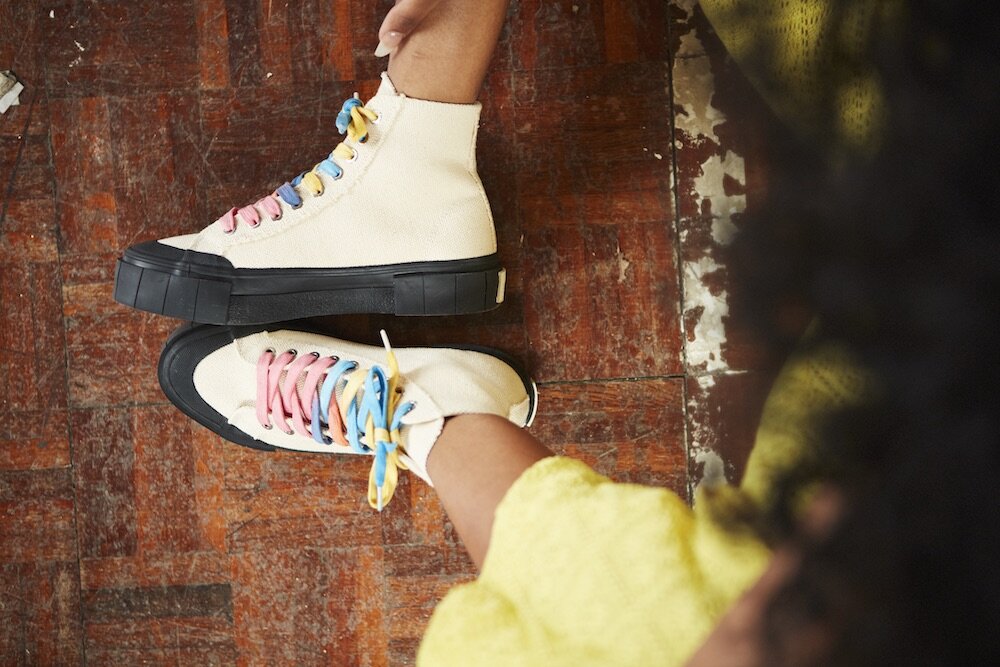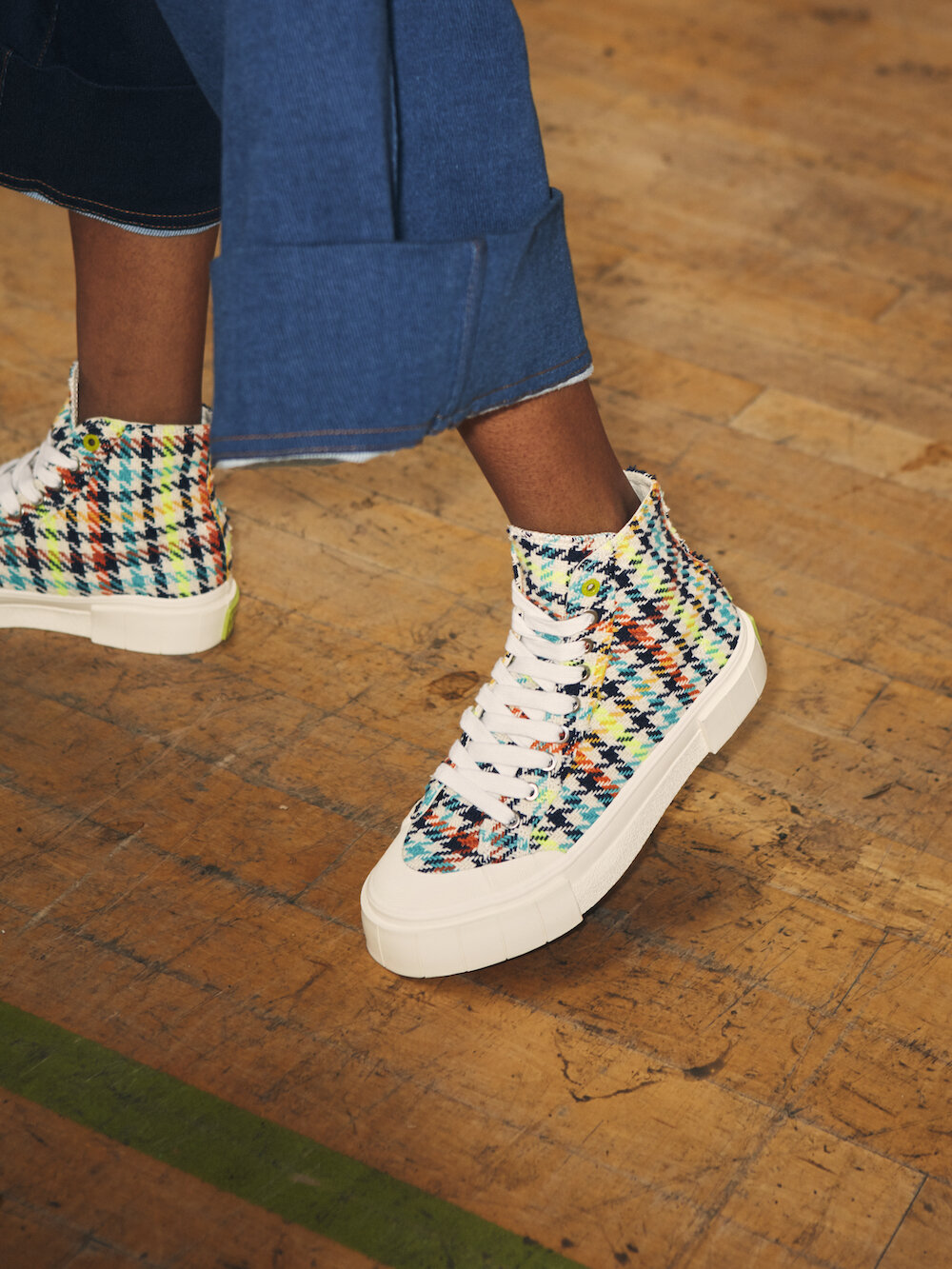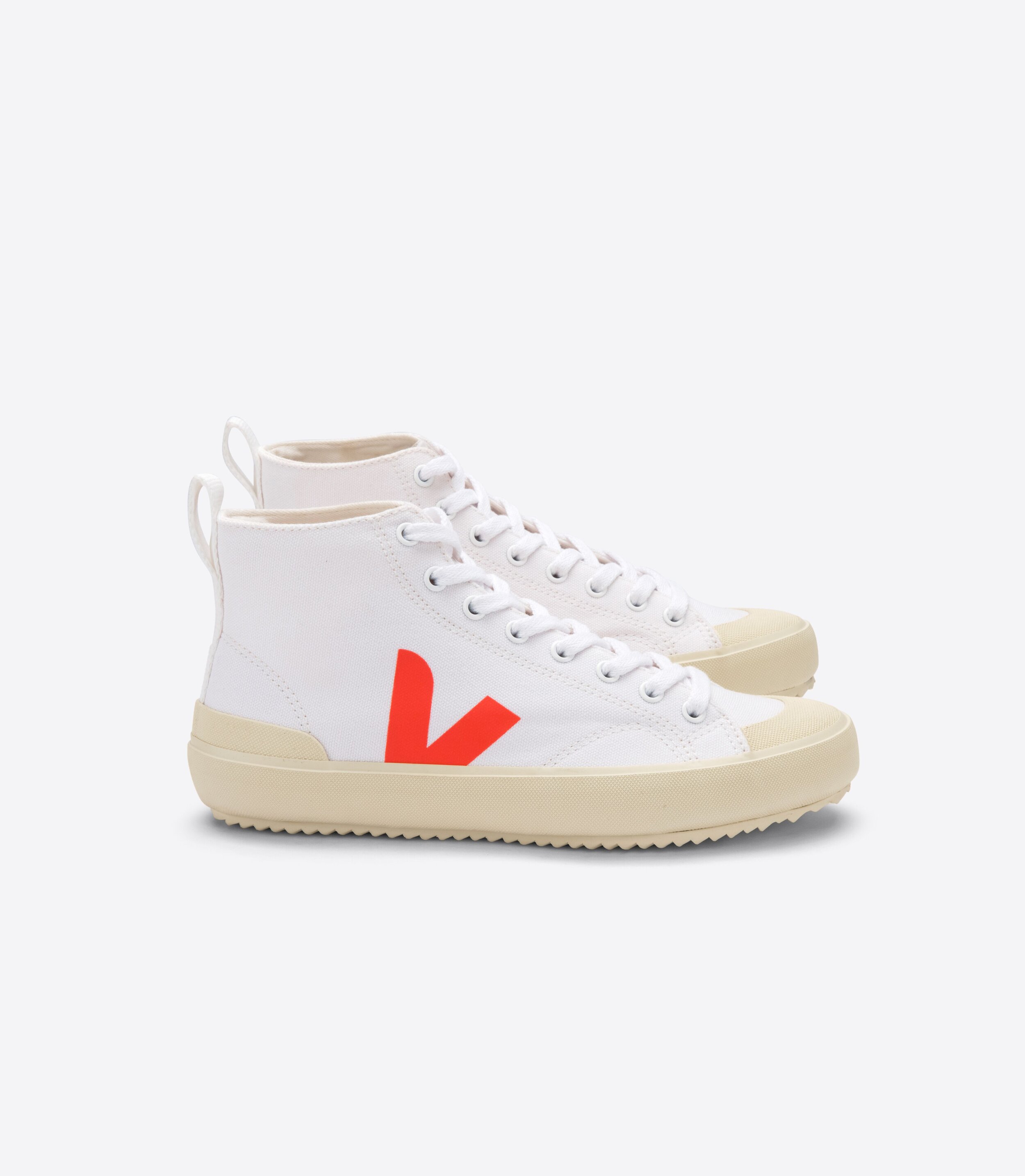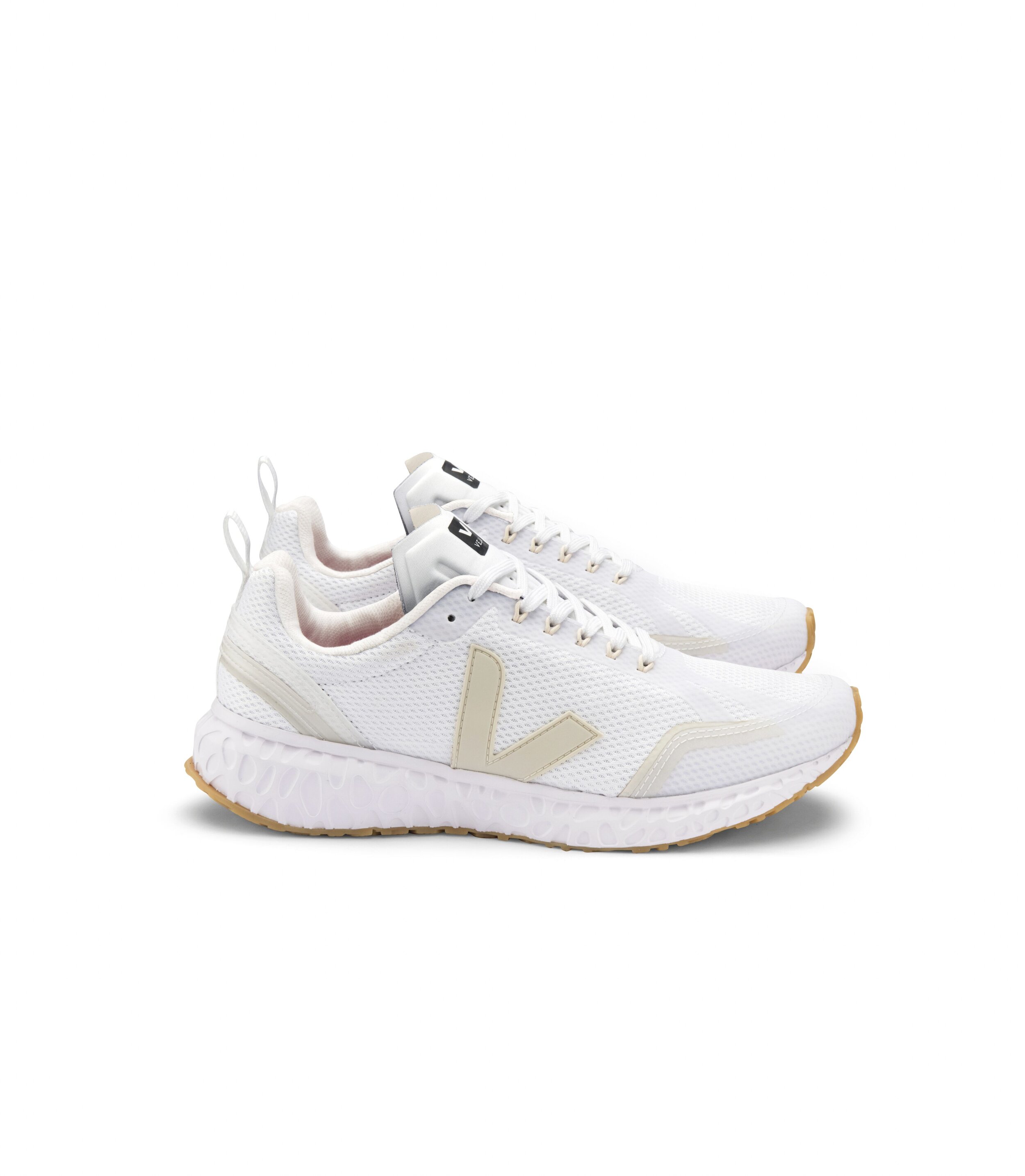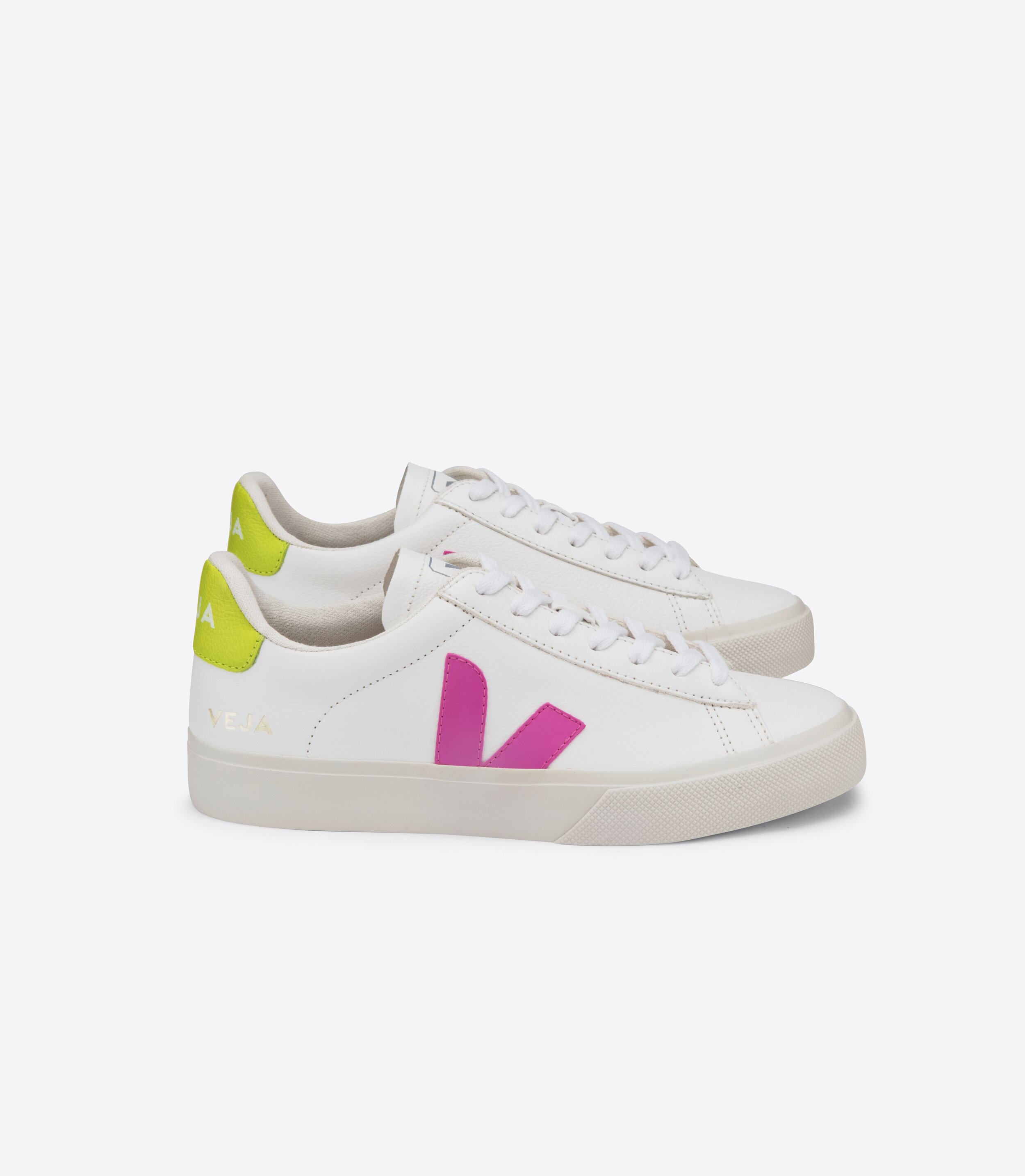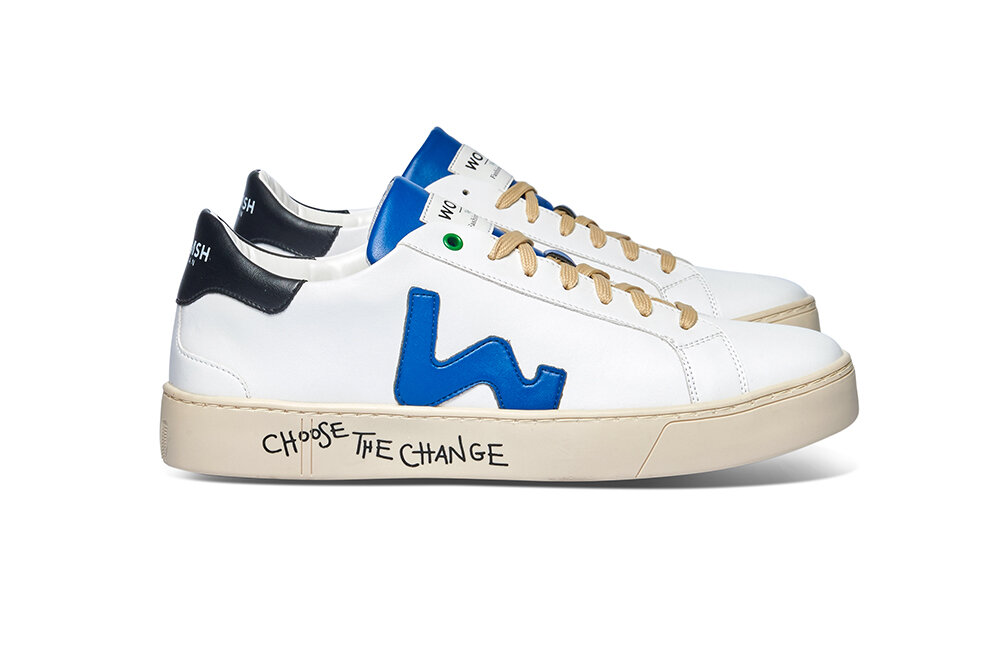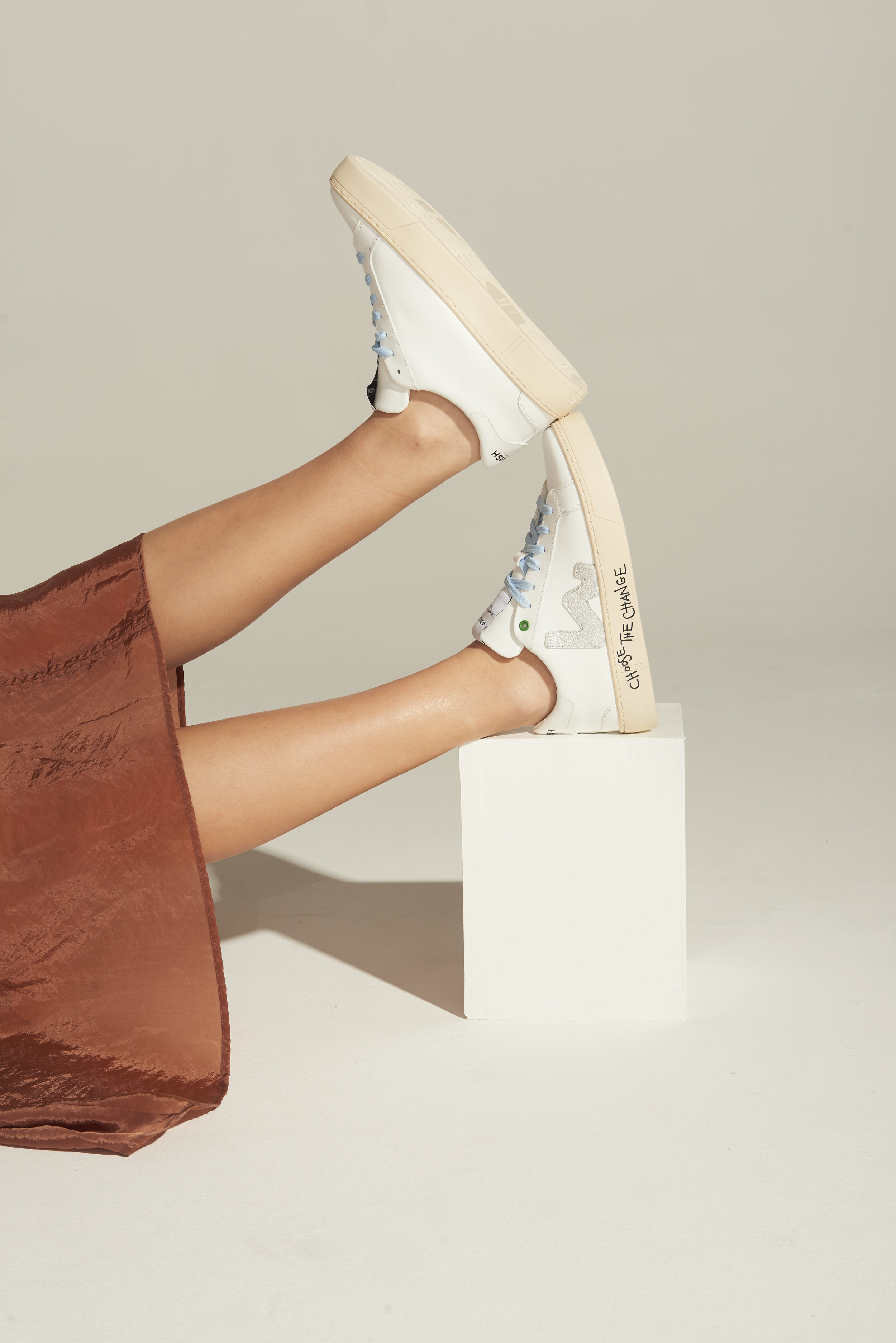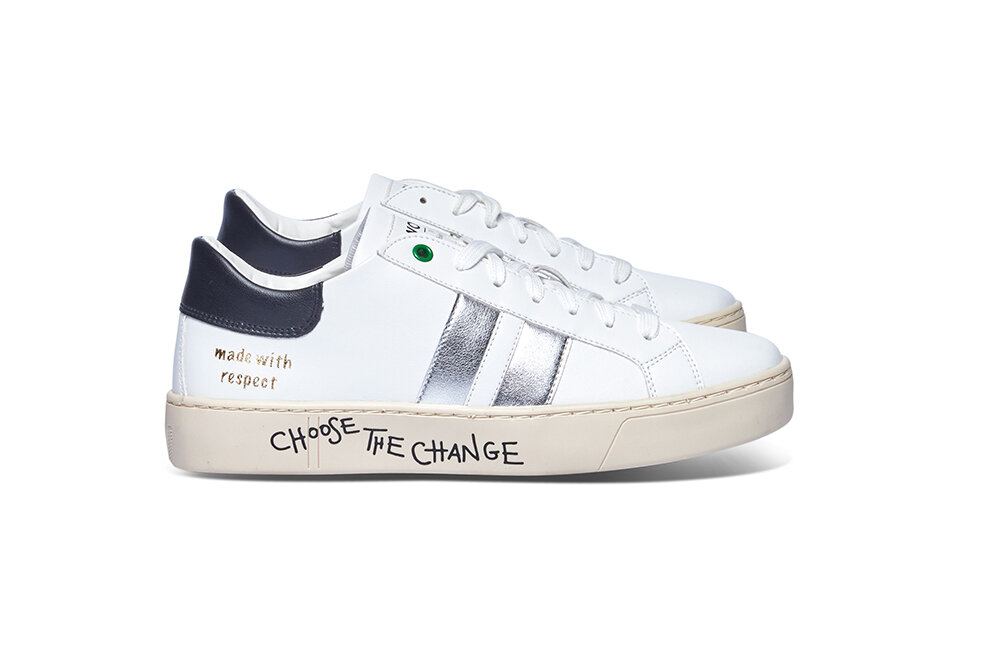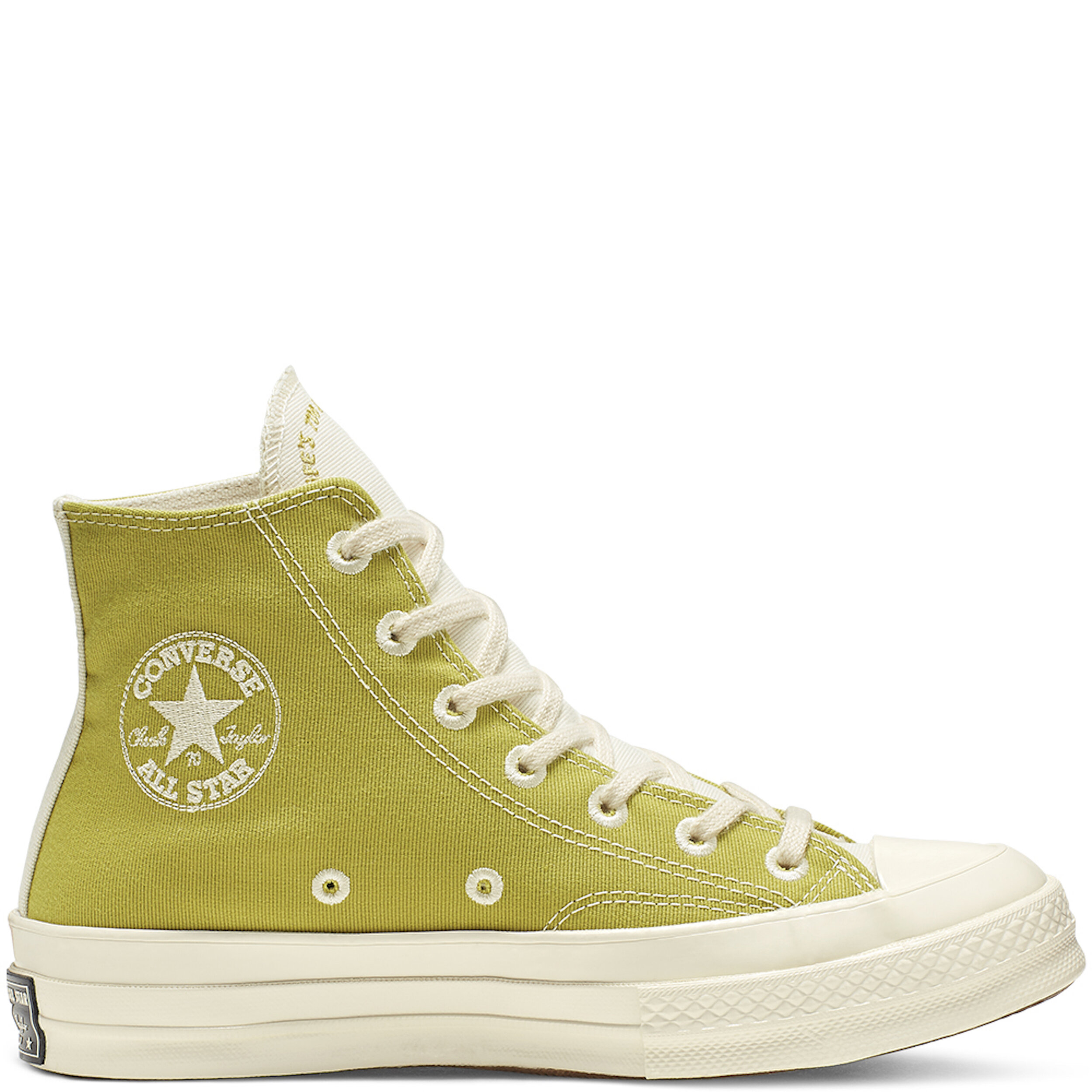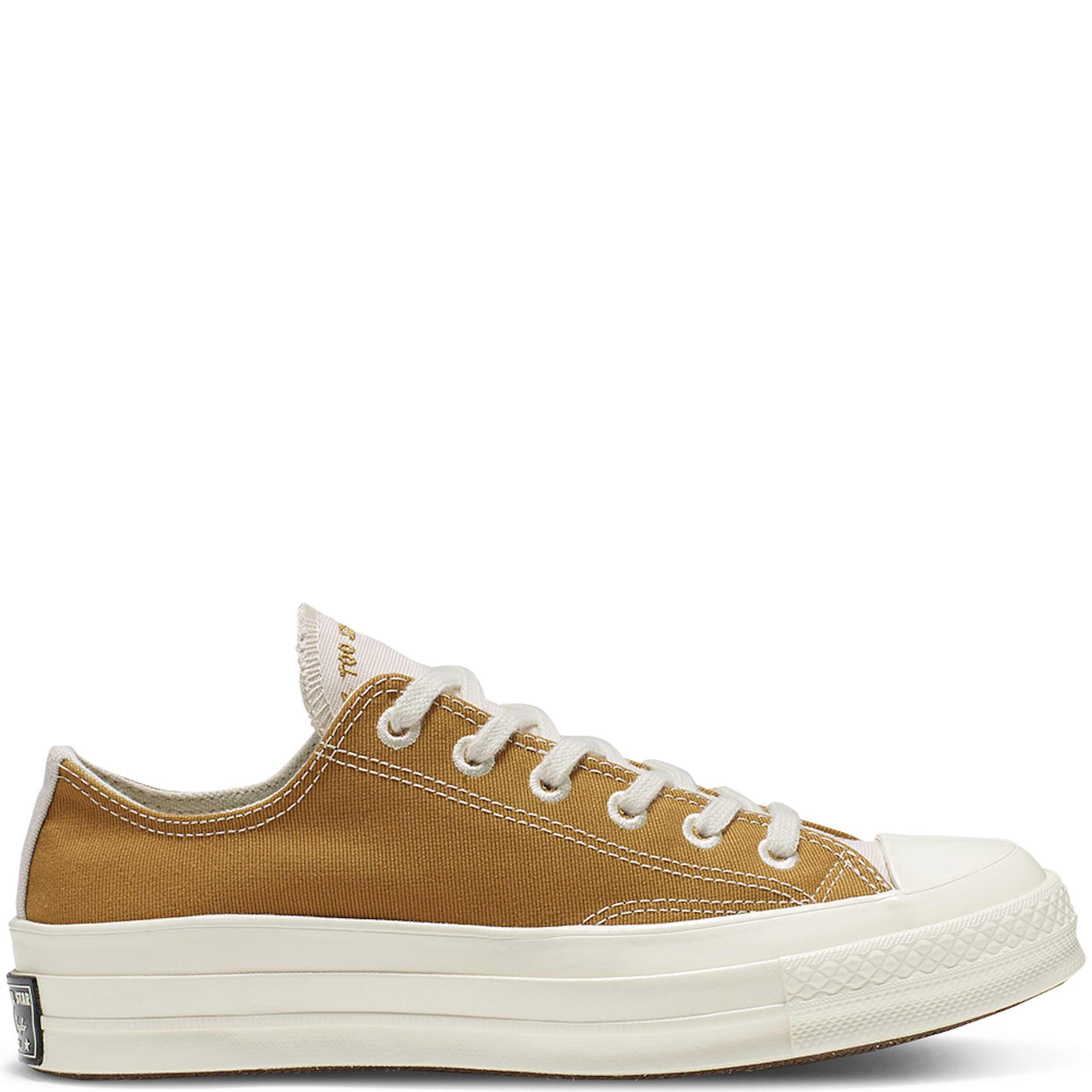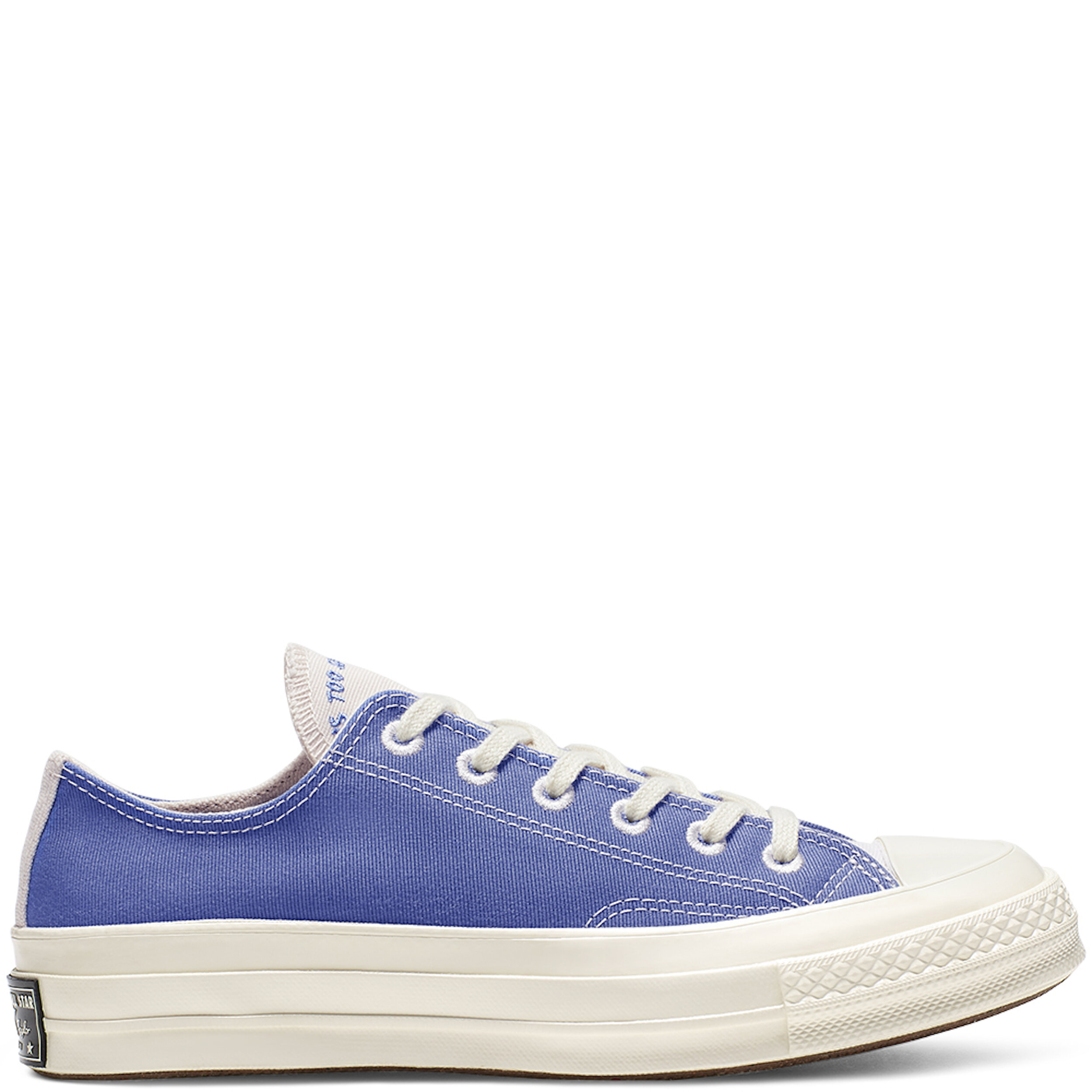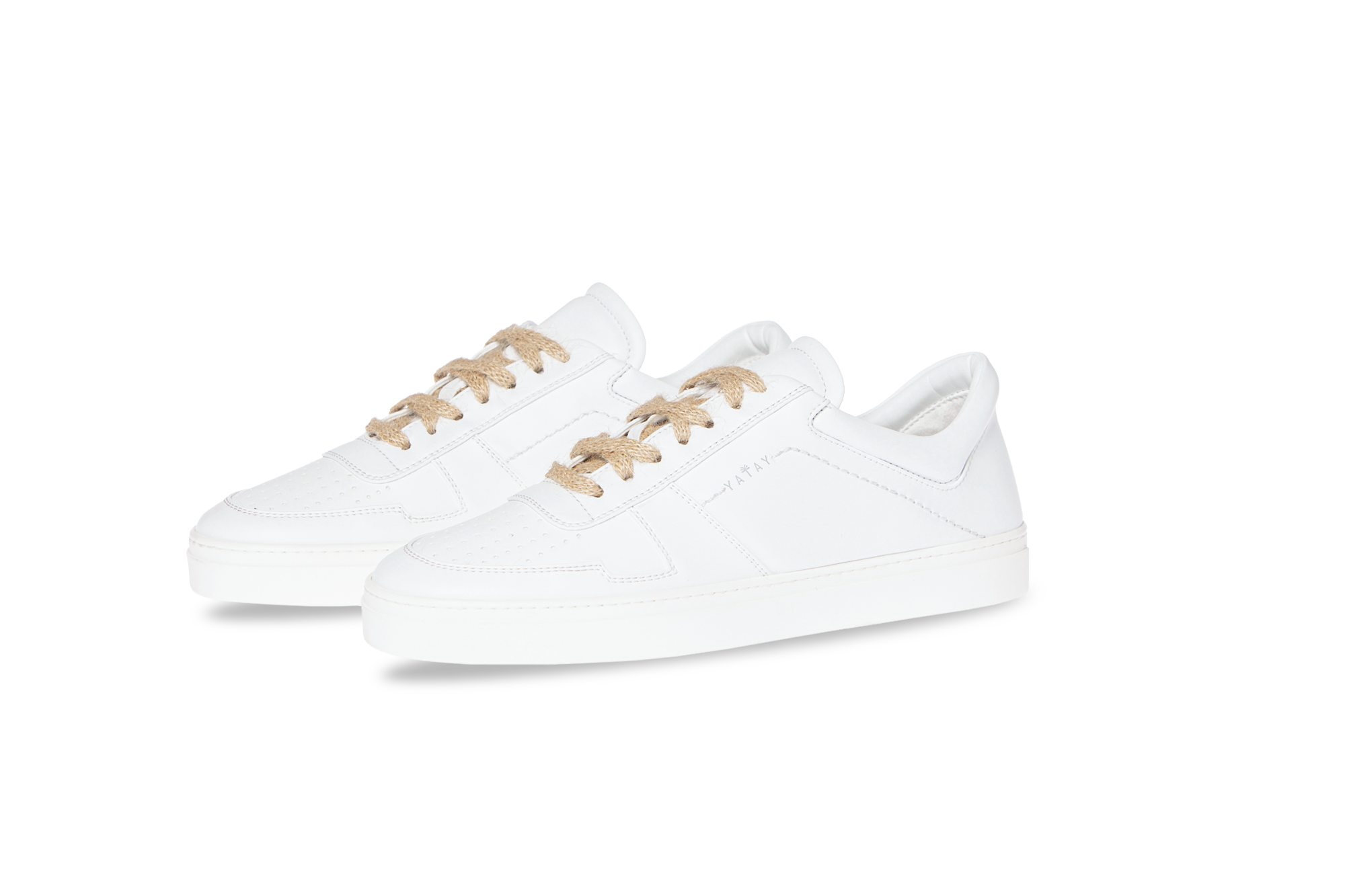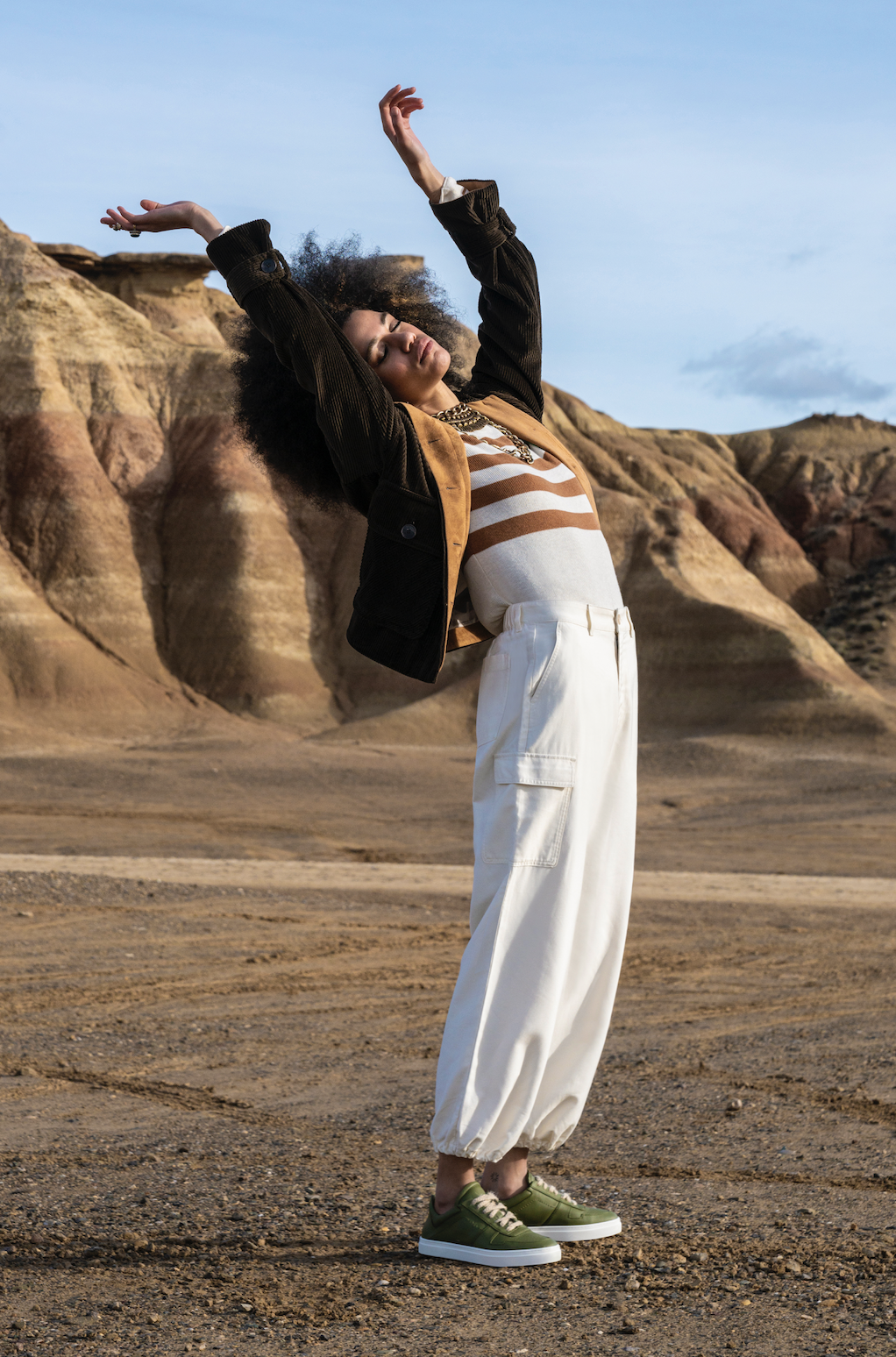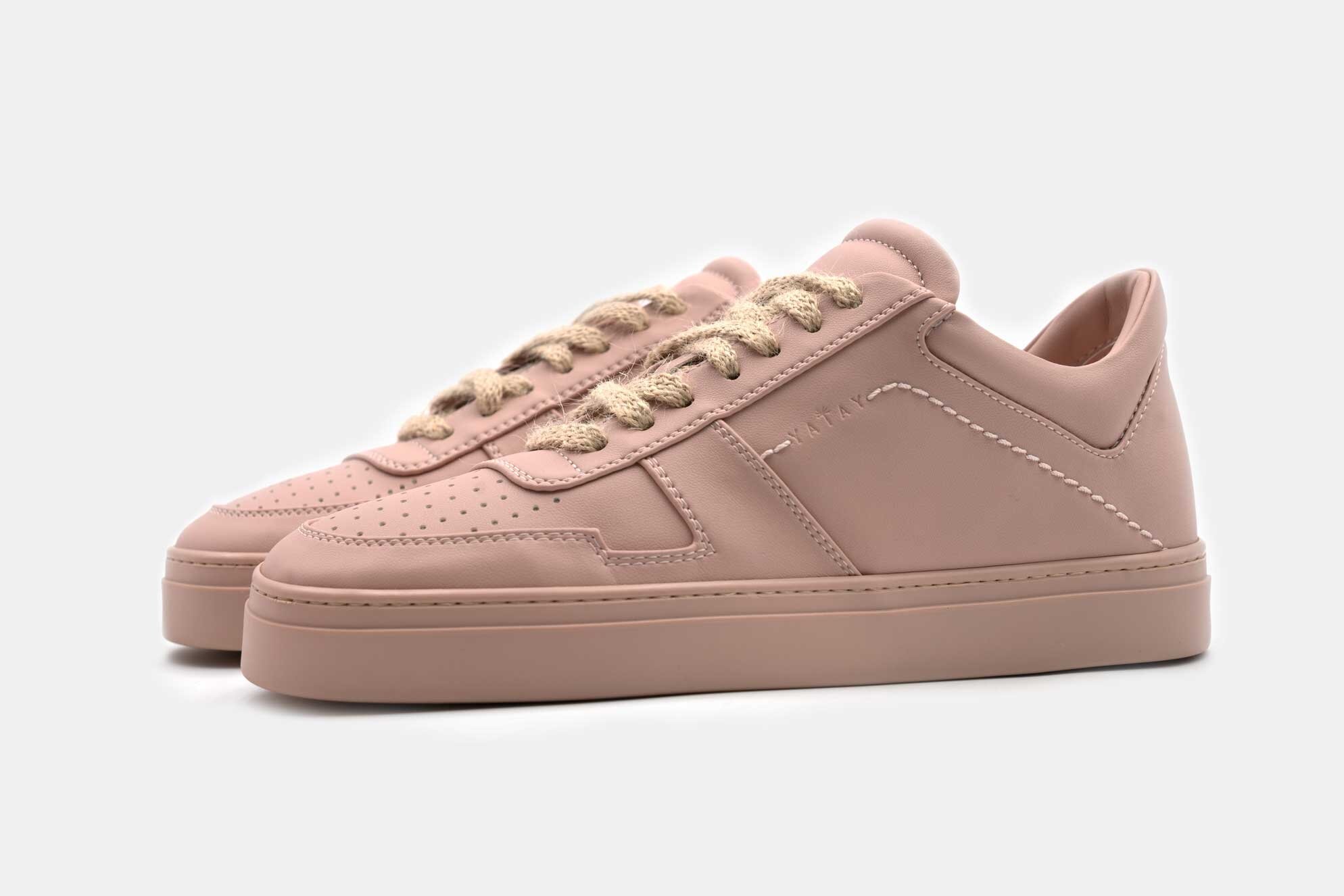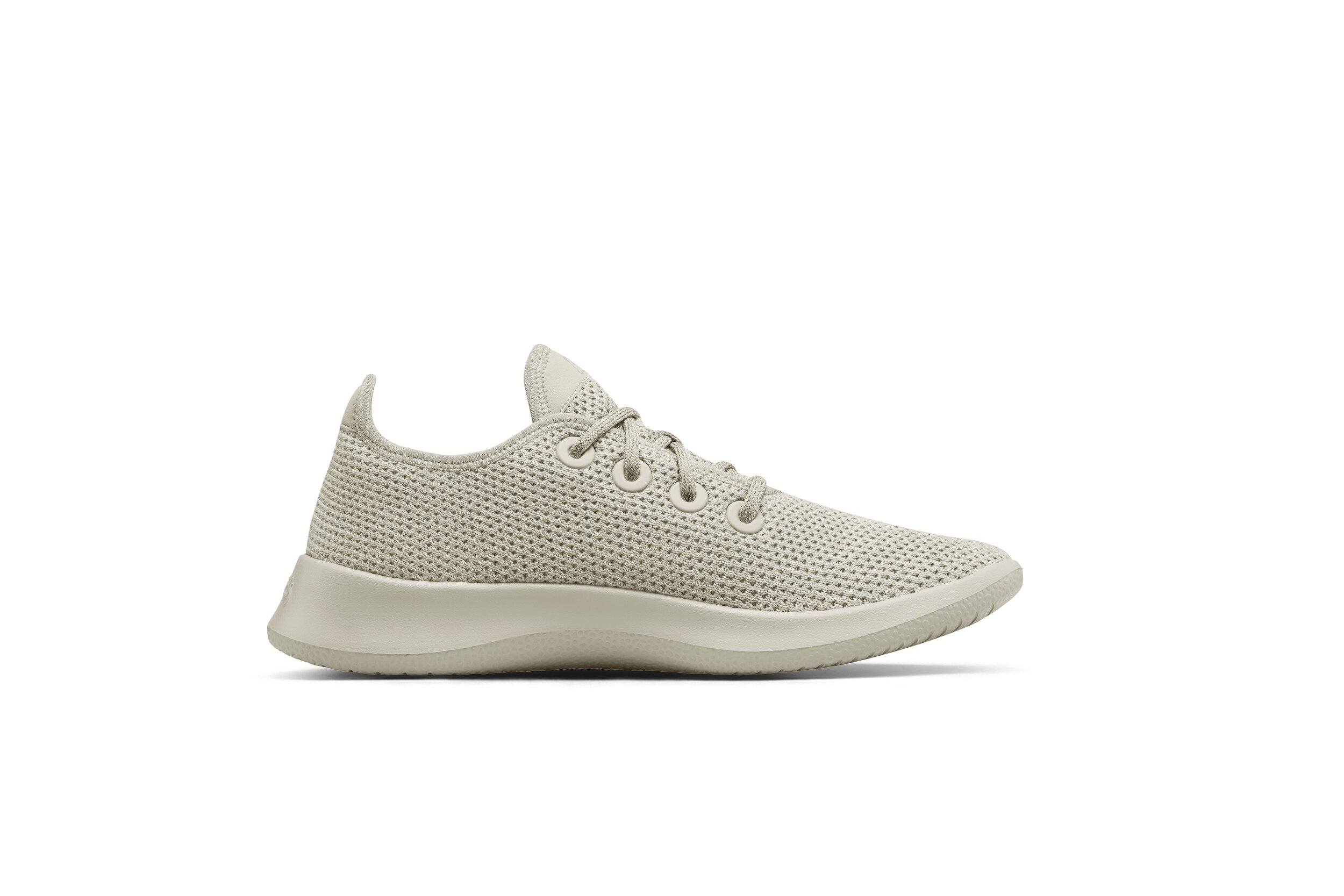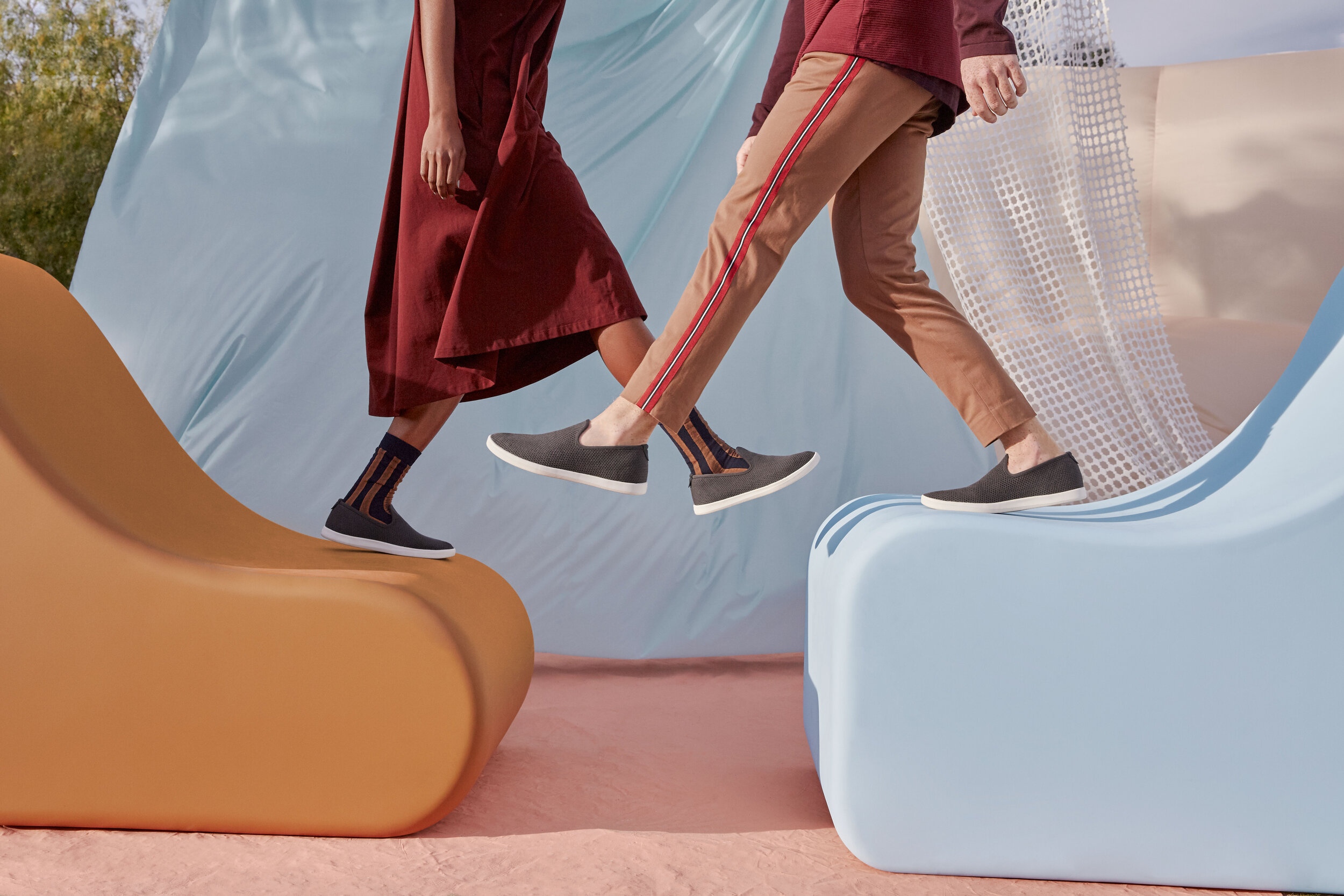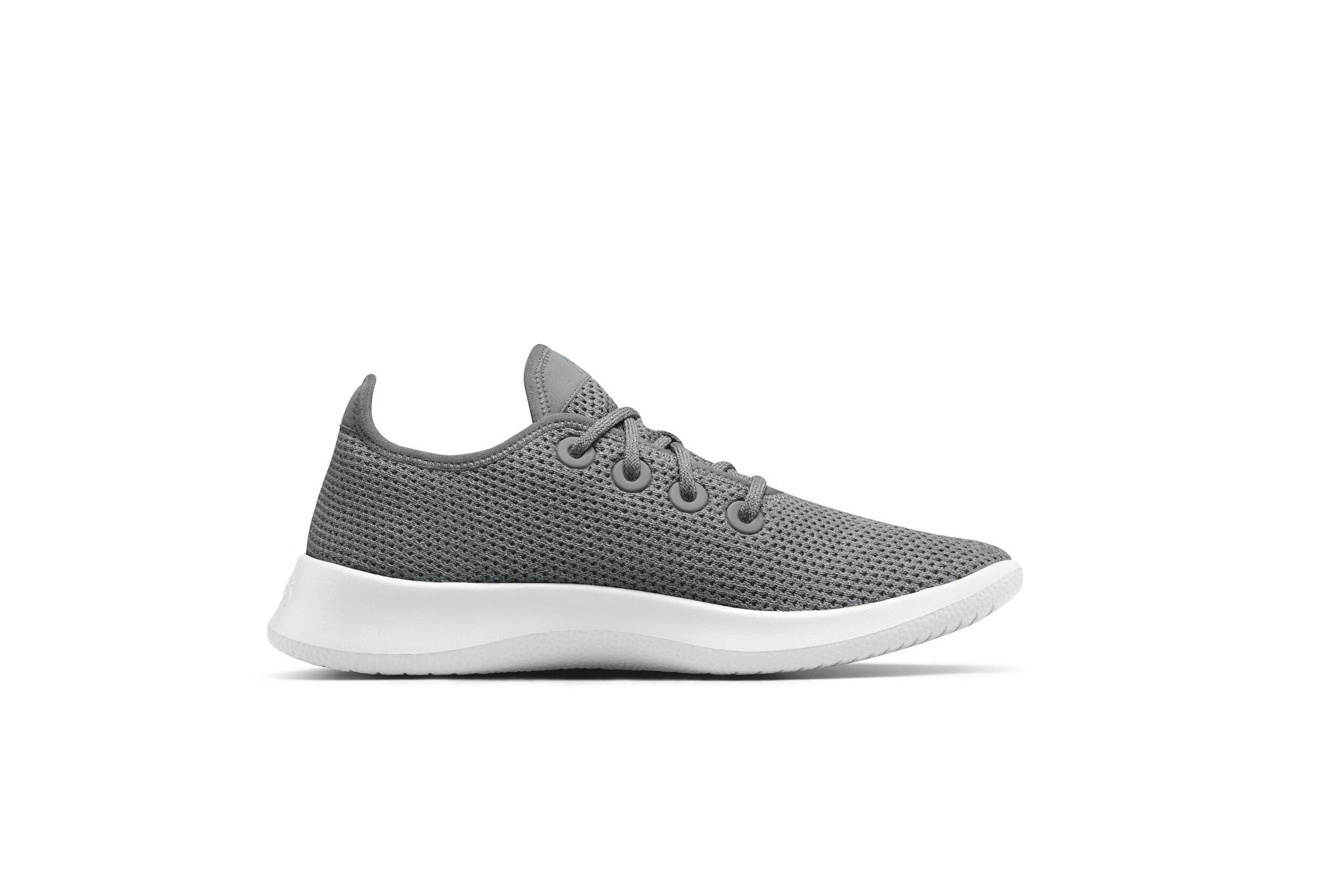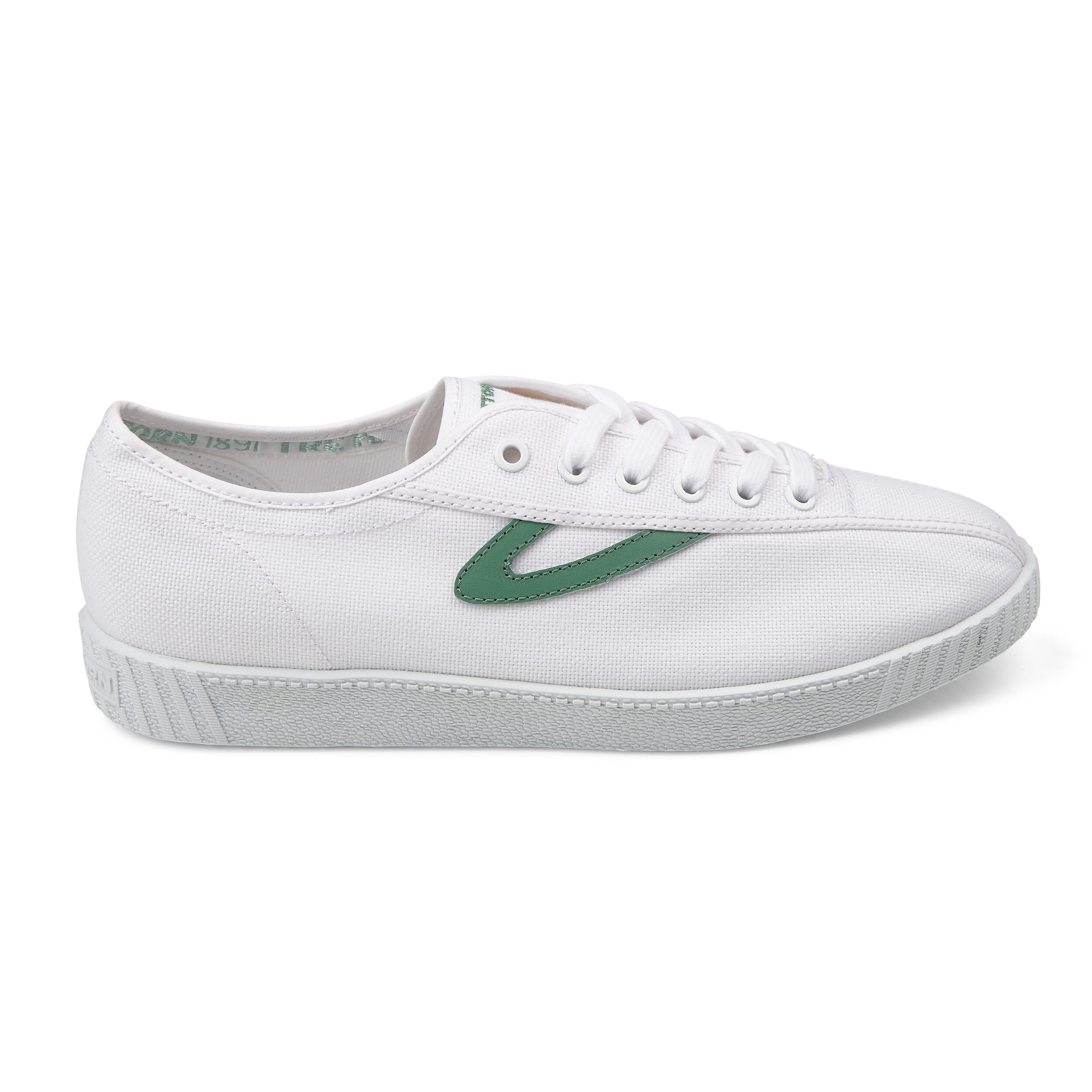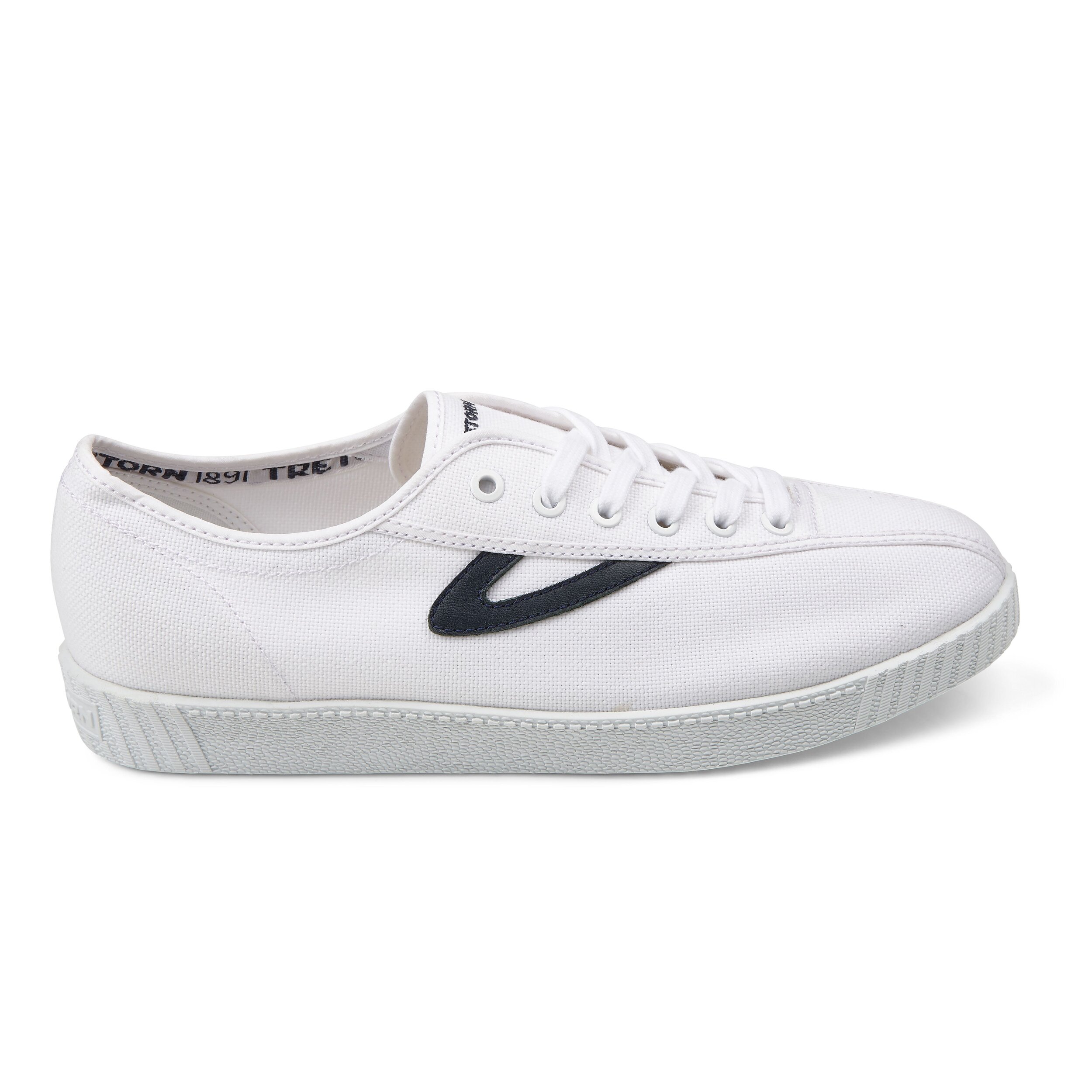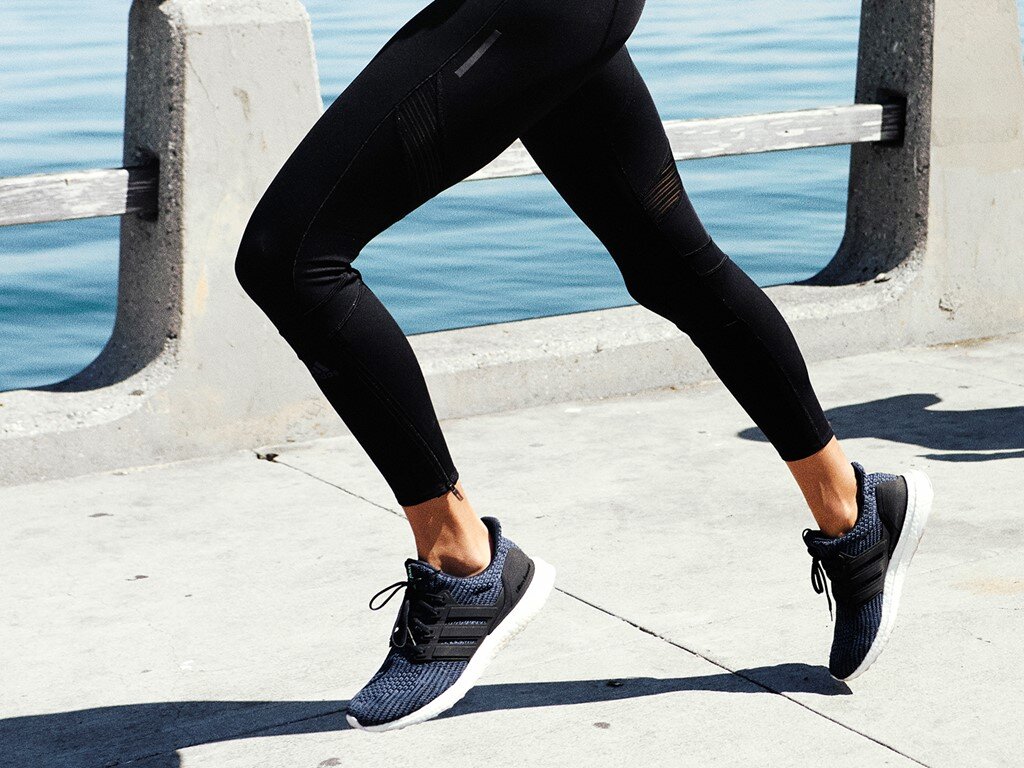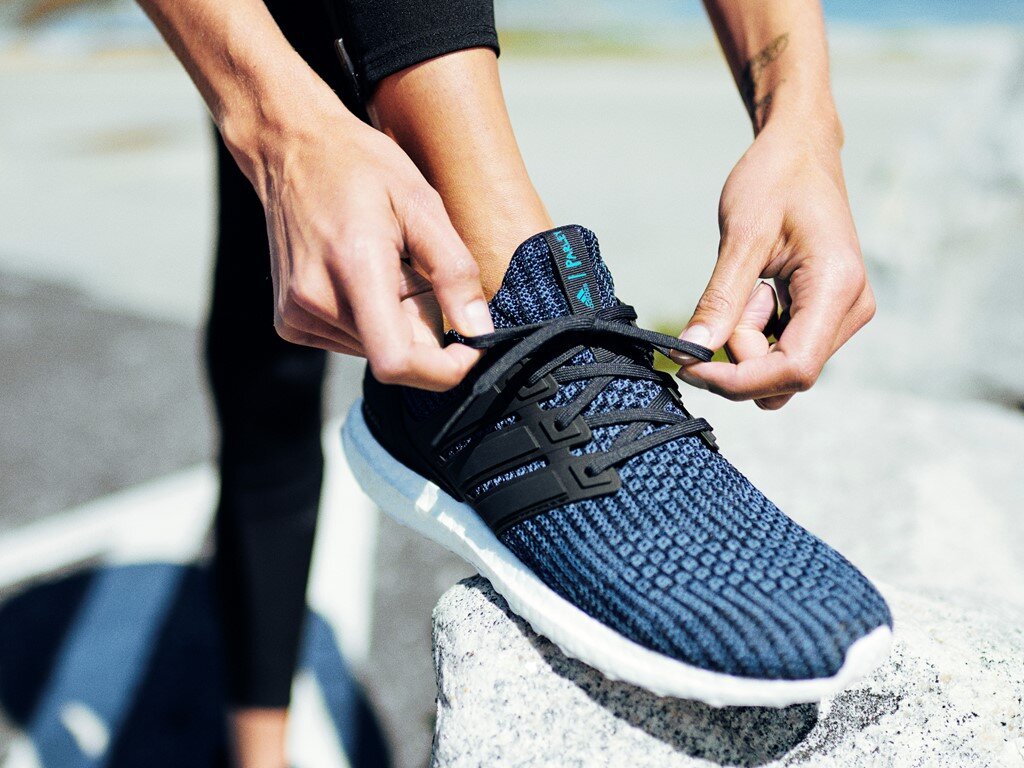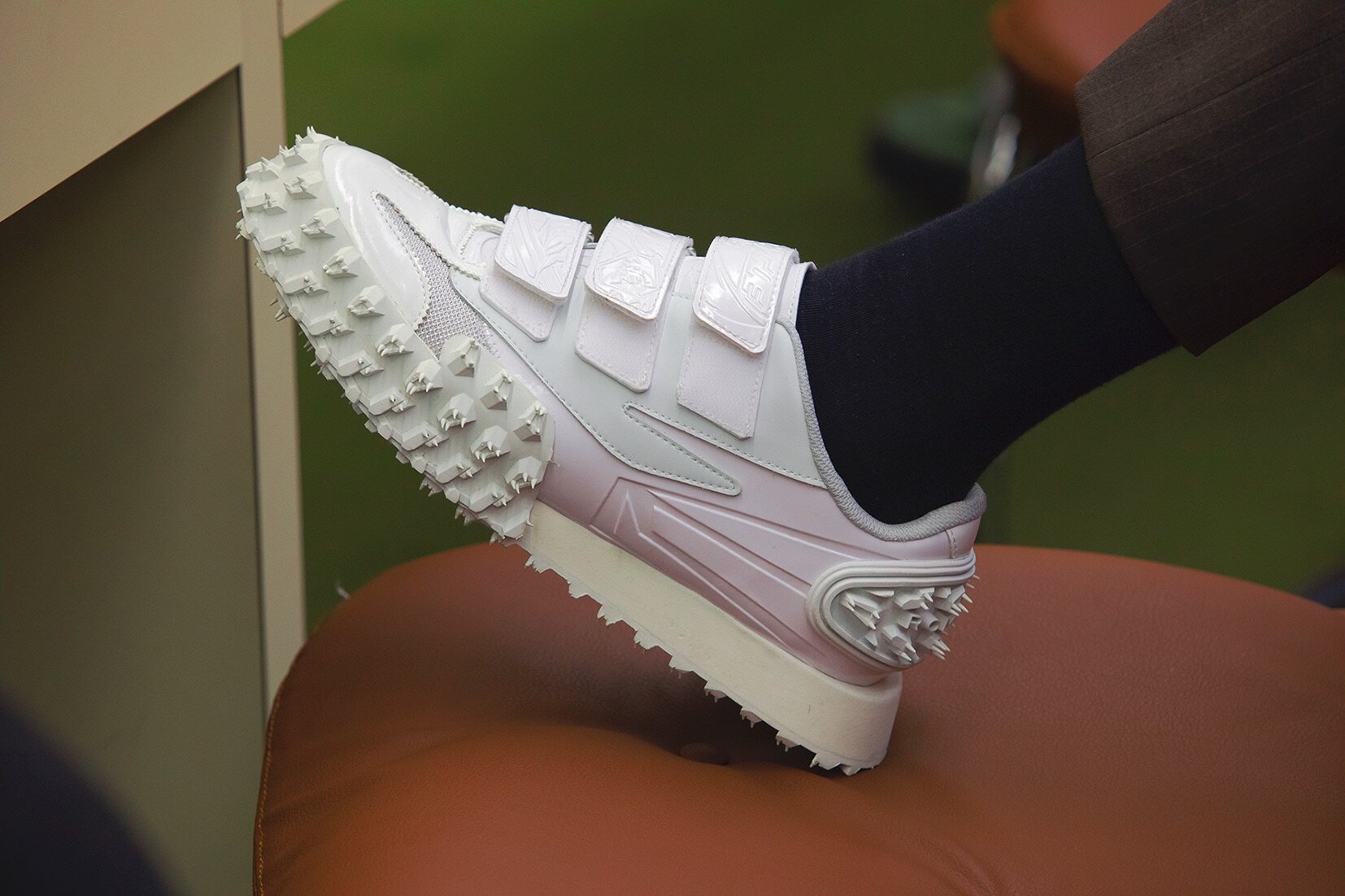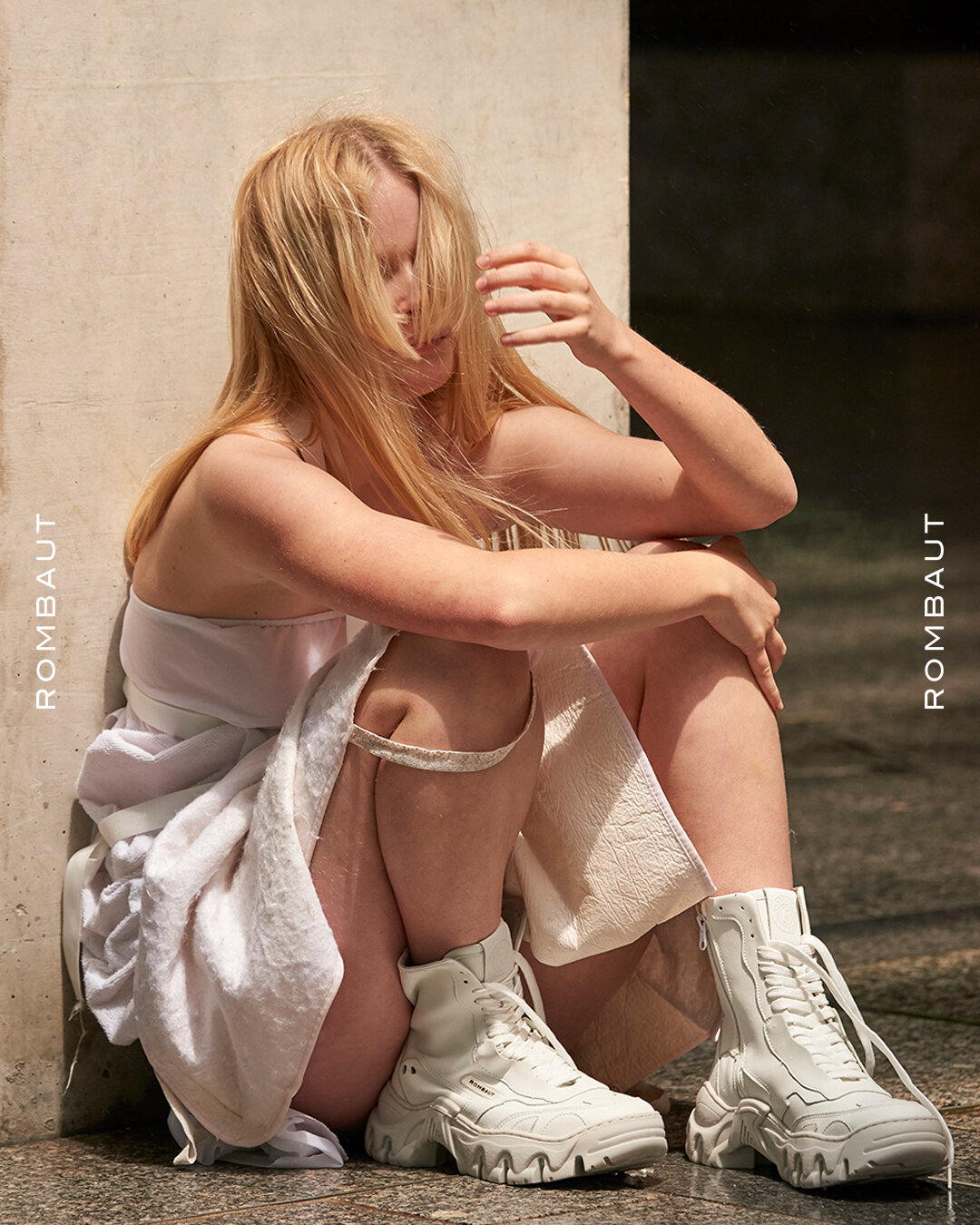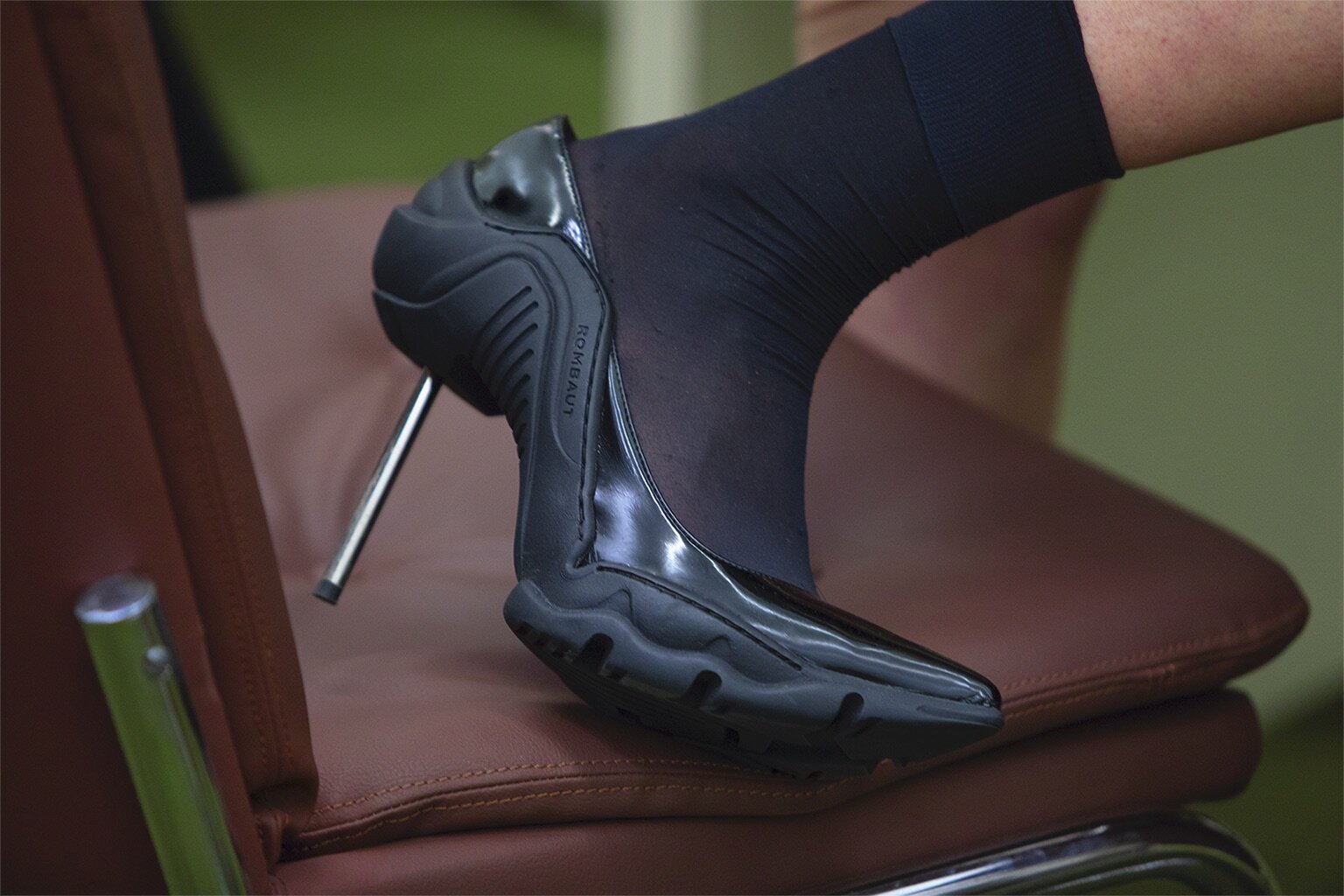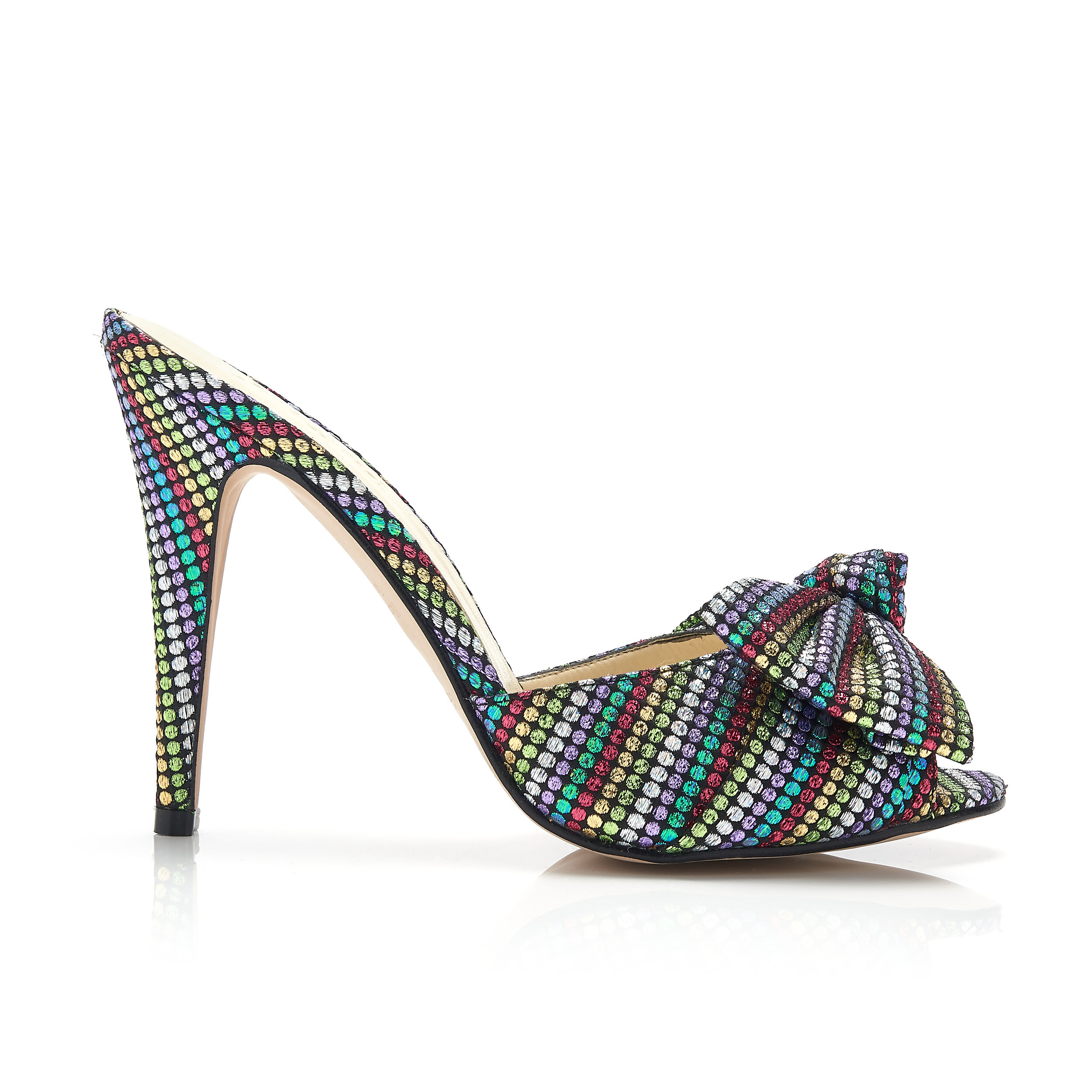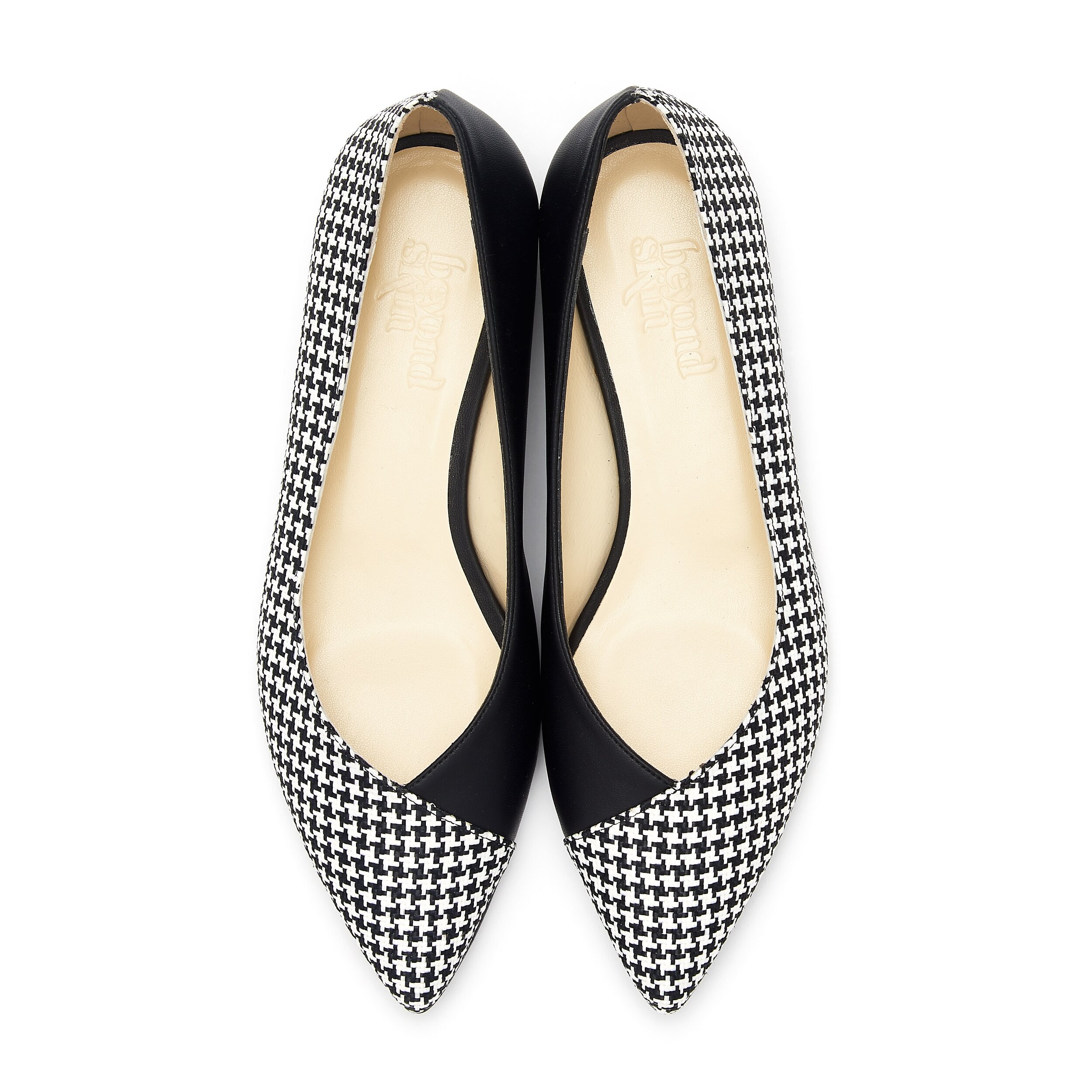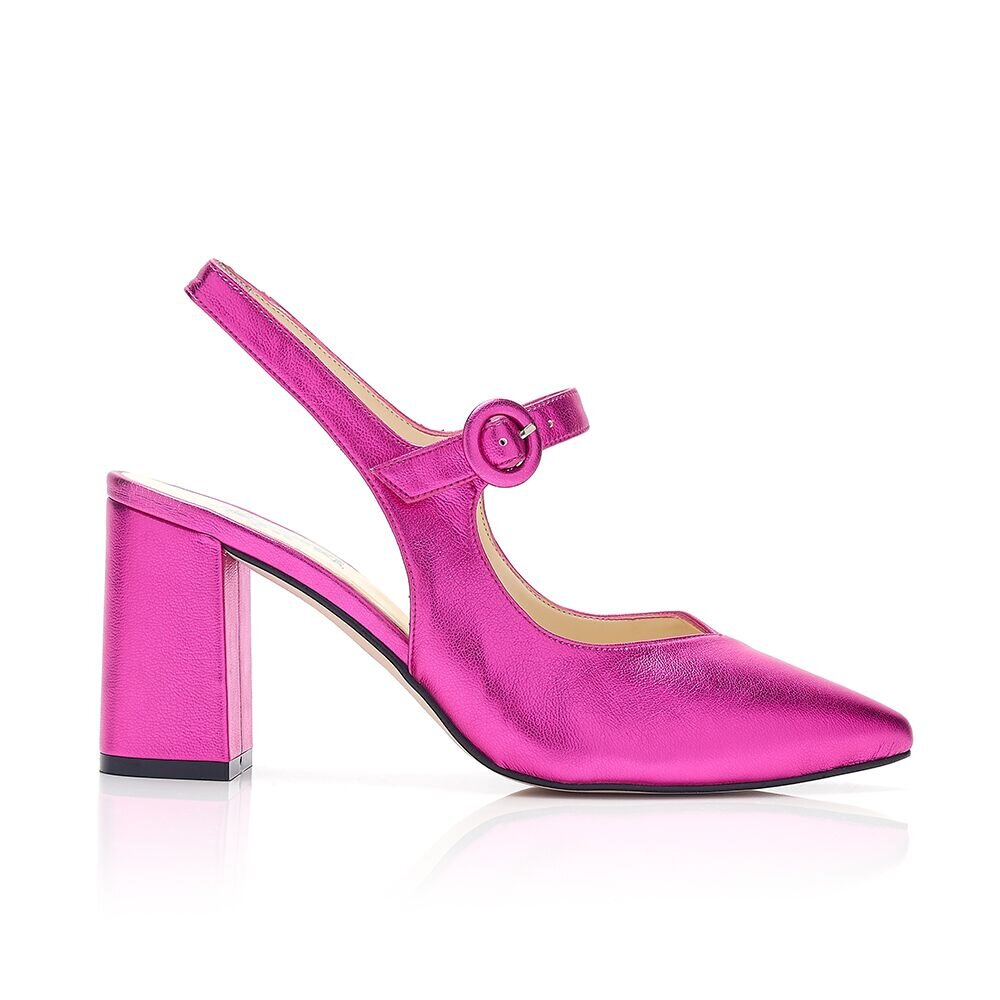Sustainable Footwear
An edit of hero labels engaging with sustainability, originally published for Forever Young Magazine.
The footwear market is growing year on year, with the industry emitting a staggering 700 million tonnes of carbon dioxide each year, polluting our planet. Leather footwear is still the market’s largest segment - a controversial material when discussing sustainability, from animal-rights perspectives and the tanning processes used. However, petroleum-based pleather alternatives are not without contention either because of the toxins released when producing these non-renewable plastics. A world away from circular fashion, reportedly 95% of the 20 billion pairs of shoes produced globally each year then end up in landfill. While plastic takes thousands of years to bio-degrade, if at all, leather can take up to 40 years to break down. When tackling debates over ‘sustainable’ materials, I believe recycling and durability is key for footwear. From natural vegan leather alternatives to recycled plastics, minimising waste and making the most of materials we already have on our planet will reduce carbon emissions. For footwear manufacturers, finding ways to innovate recycled materials has never been more important. And for us, it is time to buy more responsibly, finding ways to recycle and seeking out the brands that will help us do it. You would be forgiven for thinking the sustainable footwear market is currently dominated by trainer brands. Finding heels, sandals and other footwear styles with sustainability credentials is trickier. From their workers rights to materials and wastage, there are a few exciting brands consciously fighting against fast-fashion and filling this gap, but I am hoping more brands will step up to the mark in a not so distant future.
Good News
This sustainable brand are delivering, quite aptly, good news for the footwear market! Proud of their circular initiatives, Good News are improving their manufacturing processes, both socially and environmentally, by decreasing their carbon, chemical and water footprint, whilst caring for the people who are making their shoes. Each style is made from sustainable materials, including recycled rubber soles (using ground down car tyres and old shoes), eco-lite footbeds (made from Castor bean bio-oil, instead of petroleum) organic cotton uppers and organic cotton laces. Even their shoe boxes are made from 100% recycled cardboard. Any dead stock is then donated to homeless charities and refugees to minimise wastage and improve the health of the planet and people’s lives. Their Good Luck Shoes project has, to date, provided over 3000 pairs of shoes to migrants and refugees arriving in Italy. We’re loving the pops of summer colours, tie-dye, and patterns in their SS20 styles and are looking forward to hearing more good news from this exciting footwear brand.
Veja
VEJA are an established favourite for “sustainable” fashion trainers with their recognisable “V” logo, but have recently made their first steps into the running world. After 4 years of research and development, they have created The Condor which is 53% bio-based and recycled. Taking pride in minimalism and innovation across their collections, they use organic, agroecological and fairtrade cotton to make canvas, Amazonian rubber for soles (protecting the rainforest) and recycled plastic bottles for their innovative mesh, with 100% of laces made from organic cotton. In 15 years they have also helped 215 people find jobs thanks to their partnership with Ateliers Sans Frontières and their rehabilitation scheme. Look out for new colours this season - fluorescent yellow, fluorescent pink, ultraviolet and cobalt.
Womsh
Using apple skins for leathers gives footwear brand Womsh some serious innovative credentials in my eyes. For the most ingenious of their ranges, they have designed trainers made from processed apple waste; a vegan leather created by innovators Frumat with 50% apple fibre and 50% PU. An acronym for Word of Mouth Shoes, spreading respect and love for the environment, Womsh combine Italian craftsmanship and quality with sustainability. They are carbon-offsetting through their collaboration with LifeGate and are taking part in the project Zero Impact®. This translates to recycling old Womsh sneakers and investing in new materials research, which has resulted in recycled cotton linings, recycled PET and recycling old plastic bottles for the uppers, laces and labels in their shoes. The styles are modern, youthful, perfect for everyday wear, with chunky soles and bright pops of colour and prints, but it is “choose the change” and “made with respect” inscriptions that positively set these trainers apart.
Converse Revew
Sneaker-giant Converse have stepped up their approach to sustainability and have laid out an exciting new strategy, releasing their Converse Renew collection and planning to further develop innovative and more sustainable ways of creating their products. The collection features iconic Chuck Taylor All Star styles, but the canvas is made from 100% recycled polyester that comes from used plastic bottles. So if you’re looking to replace or buy a new pair of Converse, make sure you search for their Renew styles - there’s vibrant colours and failsafe classics in the mix.
Yatay
Yatay trainers look luxurious, with modern silhouettes and natural colour palettes, soft and sleek finishes, and unique hemp laces. Every pair is manufactured in Italy by hand and made from eco-friendly materials and repurposed components, such as waste foam, recycled rubber, and organic cotton. For each pair of shoes sold, Yatay will plant a tree in Kenya, as part of their Trees for Shoes campaign and mission to Reduce, Recycle, Give Back and Upcycle. Take a look at their short film The Circle of Life, a manifesto that addresses the environmental threat to our world through poetry and movement and demonstrates their commitment to safeguarding the environment.
Albirds
Allbirds are striving for innovation. The company went carbon neutral in 2019, but they are not stopping there and are developing projects in their supply chain to directly reduce their emissions. For example, they previously used EVA in the soles of their shoes, a material which would produce 1.8 tonnes of CO2 when made, but switched to a green Eva in their SweetFoamTM material which actually now removes CO2 from the atmosphere. Their latest creations, the Wool Runner Mizzle and hightop version, use new planet-friendly materials that repel water without relying on synthetic chemicals. So not only are these trainers exceedingly comfortable, they are now perfect for all weathers too.
Tretorn
From their very first pair of rubber galoshes for farmers in 1891, Tretorn have stayed true to their Scandanavian heritage, providing footwear and clothing to protect against the elements. They produced their first rubber sole sneaker over 100 years ago, and their first tennis ball in 1902, establishing a natural connection to tennis that would span their history and influence their most recognisable sporty trainer styles. They began their Eco Essentials Initiative in 2016, making jackets from leftover fabrics, recycling fishing nets, recycling PET-bottles from the ocean outside of Taiwan, and creating 100% degradable materials. Eco-sneakers followed in 2019. The latest sustainable trainers re-work 70s tennis styles, using sustainable materials including recycled rubber and discarded fishing nets.
Adidas X Parley
If you’re a die-hard Adidas fan, look to their innovative collaboration with Parley for the Oceans; a project aiming to end plastic waste. Owning up to their responsibility, Adidas recognise “as a big company, adidas has been a big contributor to the problem. Which is why its actions need to be equally as big.” Aims include using recycled polyester in all their products by 2024 and reducing their carbon footprint by 30% by 2030, as well as continuing to support education initiatives fighting against plastic pollution. For a mindful purchase, their UltraBOOST Parley styles have a Primeknit upper made from 85% Parley Ocean Plastic®, using approximately 11 plastic bottles intercepted from beaches. Hopefully, this dedication to sustainability will filter through to future collections within the brand and their aims will become reality.
Rombaut
Trying to lead by example, Mats Rombaut, founder and creative director of Rombaut, has set out to change the fashion system from within and make plant-based accessories that have a positive impact on the environment. With sustainability at this vegan brand’s core, each style has a strong aesthetic, story and deeper meaning, embodying the brand’s humanist values and desire for change. Everything is forward-looking, from the colours, shapes and details to the materials used, including recycled fibres, high grade artificial leather, and new ultralight Rombaut-branded biodegradable soles. The SS20 collection is no exception and includes sneakers, heels and boots, all making a powerful statement.
Beyond Skin
Beyond Skin have a sustainable selection of vibrant heels and pretty flats with retro flair. Born from a simple concept to “produce beautiful, luxury footwear that encompasses individuality and creativity as sustainably and responsibly as possible, using no animal products”, Beyond Skin are a go-to for occasion wear shoes that have their sustainable credentials in line. They are pioneering authentic vegan footwear, minimising waste and curbing over-production. Favourites from their SS20 collection, inspired by Studio 54 muses Jerry Hall and Grace Jones, are the metallic mary-janes, houndstooth prints, and dotty rainbow heels.
Aspiga
With warmer months ahead, it’s Aspiga’s gorgeous beaded sandals that have caught my eye. Each individually handmade in Kenya, these sandals are woven into Aspiga’s DNA as the first product they launched back in 2008. Alongside their zero-plastic and zero-waste goals, they have worked closely with the local community ever since, launching a Kenyan beach clean initiative that saw 5000kgs of waste cleared last year. This year they have pledged to clear away a bag of plastic for every pair of sandals sold, sponsoring a group of 12 school children to help their beach clean-up efforts in return for annual school fees. There are over 20 different handmade styles to choose from in their Kenyan range. Look out for other eco-friendly products on their site too such as bamboo cotton buds and ecoffee cups.

